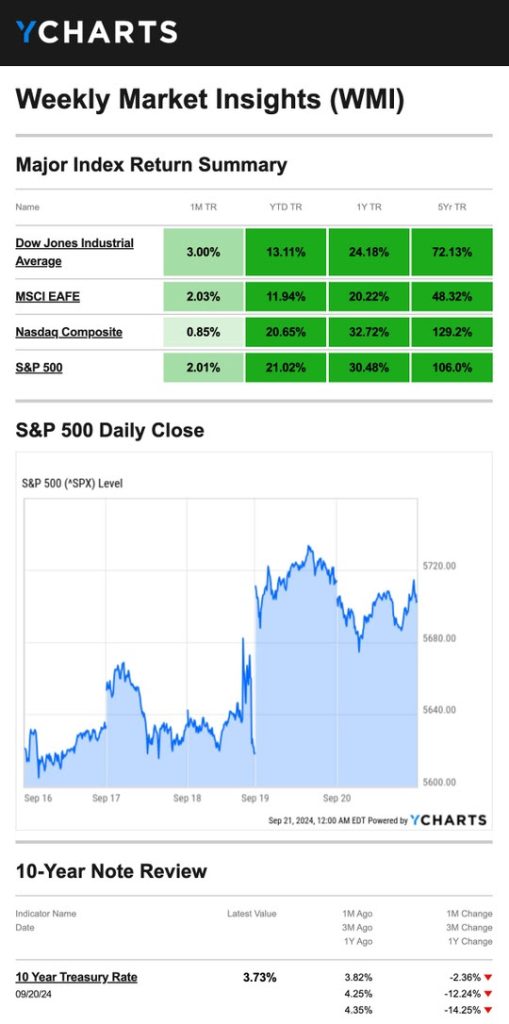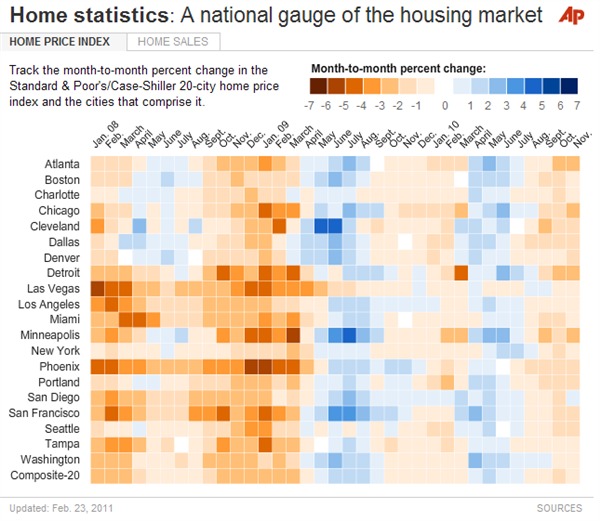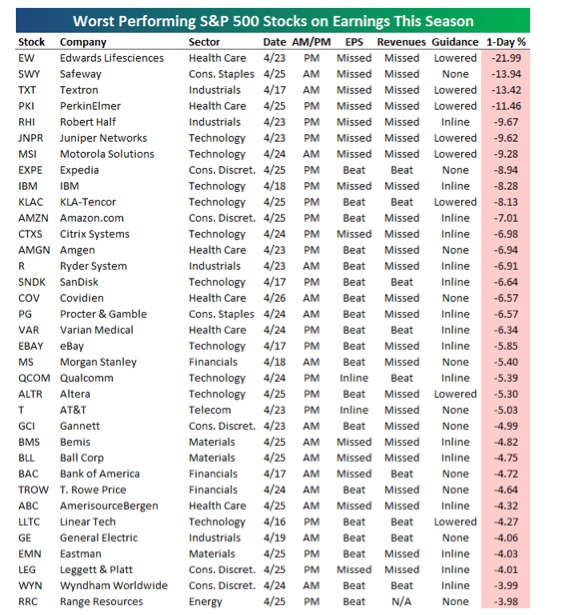By: Gerry Sparrow
Stocks moved higher last week after the Federal Reserve’s half-point rate cut, bolstered by multiple data points supporting a cooling but still strong economy and decelerating inflation.
The Standard & Poor’s 500 Index gained 1.36 percent, while the Nasdaq Composite rose 1.49 percent. The Dow Jones Industrial Average moved ahead by 1.62 percent. The MSCI EAFE Index, which tracks developed overseas stock markets, inched up 0.42 percent.1,2
Fed Cuts Rate 0.5 Percent
Stocks traded in a narrow range for the first half of the week as anxious investors awaited the outcome of the Federal Open Market Committee’s (FOMC) September meeting.3,4
Shortly after 2 pm ET Wednesday, the Fed announced it was cutting rates by a half percentage point—a more significant cut than some investors anticipated. Stocks initially rose in response and then fell. Some market watchers attributed the decline to concern that the Fed might be concerned about economic growth.5,6
But after sleeping on it, stocks rallied Thursday, with the Nasdaq, S&P, and Dow climbing 2.5 percent, 1.7 percent, and 1.3 percent, respectively. The Dow topped 42,000 for the first time, while the S&P crossed the 5,700 mark.7,8

Source: YCharts.com, September 21, 2024. Weekly performance is measured from Monday, September 16, to Friday, September 20. TR = total return for the index, which includes any dividends as well as any other cash distributions during the period. Treasury note yield is expressed in basis points.
Fed’s Move
The half-point cut was the first change in the Fed Funds Rate in 14 months and the first reduction in 4½ years, bringing its target range to 4.75-5.0 percent. Fed Chair Powell said the decision reflected the Committee’s “greater confidence that inflation is moving sustainably toward 2 percent” and that the “risks to achieving its employment and inflation goals are roughly in balance.”9
This Week: Key Economic Data
Monday: Fed Officials Raphael Bostic, Austan Goolsbee and Neel Kashkari speak.
Tuesday: Case-Shiller Home Price Index. Consumer Confidence.
Wednesday: New Home Sales. EIA Petroleum Status Report.
Thursday: Gross Domestic Product. Durable Goods. Fed Chair Powell speaks. Pending Home Sales. Fed Officials Michael Barr, John Williams and Neel Kashkari speak. 7-Year Treasury Note Auction.
Friday: Personal Income & Outlays. International Trade in Goods. Consumer Sentiment.
Source: Investors Business Daily – Econoday economic calendar; September 19, 2024
The Econoday economic calendar lists upcoming U.S. economic data releases (including key economic indicators), Federal Reserve policy meetings, and speaking engagements of Federal Reserve officials. The content is developed from sources believed to be providing accurate information. The forecasts or forward-looking statements are based on assumptions and may not materialize. The forecasts also are subject to revision.
Originally published September 24th, 2024, on Sparrow Capital weekly market insights
Footnotes and Sources
1. The Wall Street Journal, September 20, 2024
2. Investing.com, September 20, 2024
3. CNBC.com, September 16, 2024
4. The Wall Street Journal, September 18, 2024
5. CNBC.com, September 18, 2024
6. The Wall Street Journal, September 18, 2024
7. The Wall Street Journal, September 19, 2024
8. The Wall Street Journal, September 20, 2024
9. The Wall Street Journal, September 18, 2024
10. IRS.gov, May 8. 2024
11. Travelandleisure.com, May 8. 2024
PHOTO CREDIT: https://www.shutterstock.com/g/Anamarija+Mrkic
VIA SHUTTERSTOCK
DISCLOSURES:
Investing involves risks, and investment decisions should be based on your own goals, time horizon, and tolerance for risk. The return and principal value of investments will fluctuate as market conditions change. When sold, investments may be worth more or less than their original cost.
The forecasts or forward-looking statements are based on assumptions, may not materialize, and are subject to revision without notice.
The market indexes discussed are unmanaged, and generally, considered representative of their respective markets. Index performance is not indicative of the past performance of a particular investment. Indexes do not incur management fees, costs, and expenses. Individuals cannot directly invest in unmanaged indexes. Past performance does not guarantee future results.
The Dow Jones Industrial Average is an unmanaged index that is generally considered representative of large-capitalization companies on the U.S. stock market. Nasdaq Composite is an index of the common stocks and similar securities listed on the NASDAQ stock market and is considered a broad indicator of the performance of technology and growth companies. The MSCI EAFE Index was created by Morgan Stanley Capital International (MSCI) and serves as a benchmark of the performance of major international equity markets, as represented by 21 major MSCI indexes from Europe, Australia, and Southeast Asia. The S&P 500 Composite Index is an unmanaged group of securities that are considered to be representative of the stock market in general.
U.S. Treasury Notes are guaranteed by the federal government as to the timely payment of principal and interest. However, if you sell a Treasury Note prior to maturity, it may be worth more or less than the original price paid. Fixed income investments are subject to various risks including changes in interest rates, credit quality, inflation risk, market valuations, prepayments, corporate events, tax ramifications and other factors.
International investments carry additional risks, which include differences in financial reporting standards, currency exchange rates, political risks unique to a specific country, foreign taxes and regulations, and the potential for illiquid markets. These factors may result in greater share price volatility.
Please consult your financial professional for additional information.
This content is developed from sources believed to be providing accurate information. The information in this material is not intended as tax or legal advice. Please consult legal or tax professionals for specific information regarding your individual situation. This material was developed and produced by FMG Suite to provide information on a topic that may be of interest. FMG is not affiliated with the named representative, financial professional, Registered Investment Advisor, Broker-Dealer, nor state- or SEC-registered investment advisory firm. The opinions expressed and material provided are for general information, and they should not be considered a solicitation for the purchase or sale of any security.
Important Risk Information
If the adviser’s perceptions of a company’s growth potential are wrong, the securities purchased may not perform as expected, reducing the Fund’s return. Investments in small and midcap companies generally have greater risk and volatility. Diversification does not assure a profit or protect against a loss in a declining market. The fund’s investment objectives, risks, charges and expenses must be considered carefully before investing.




